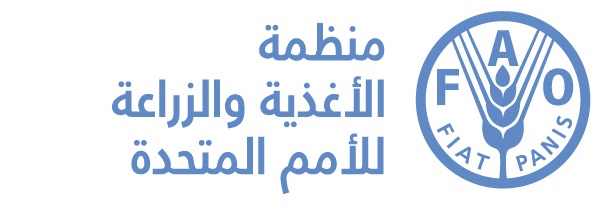Detection of Phyllotreta chotanica (radish flea beetle) in Western Australia
- Publication Date
- إثنين, 16 أكتوبر 2017, 02:39
- اخر تحديث
- يونيو 23, 2023, 5:17 ص
- Report Number
- AUS-85/2
- الدولة
- Australia
- Report Status
- Final
- Hosts
- Phyllotreta chotanica is known to feed on the following plants from the Brassicaceae, Fabaceae and Poaceae families (CABI 2017). · Brassica · Brassica juncea var. juncea (Indian mustard) · Brassica oleracea var. capitata (cabbage) · Brassica rapa subsp. chinensis (Chinese cabbage) · Phaseolus (beans) · Raphanus sativus (radish) · Triticum (wheat) In addition, it has also been found on Brassica rapa var. nipposinica (mizuna) in Western Australia
- Pest Status (old values from ISPM 8 -1998 )
-
- Present: only in some areas
- Pest Status (ISPM 8 - 2021)
-
- Present: not widely distributed and not under official control
- Geographical Distribution
- Ord River Irrigation Area, Western Australia
- ملخص
Phyllotreta chotanica was originally detected in Kununurra in 2014, however subsequent surveys only occasionally detected the pest again on three properties in the area. P. chotanica has not been detected in surveys of other regions. While its distribution is limited, it has been determined to be not technically feasible to eradicate P. chotanica from Kununurra because detections have occurred over multiple sites over a timeframe that involved many generations of the insects (short life cycle with up to 10 generations per year) and potential wild hosts are present in the area.
- Danger
- The known distribution of P. chotanica is limited to Kununurra in the Ord River Irrigation Area, Western Australia where it has been recorded on mizuna (Brassica rapa nipposinica) and bok choy (Brassica rapa chinensis). Adults of P. chotanica feed on seedling Brassicaceae, producing small round holes; larvae feed on the roots of host plants. Phyllotreta chotanica is not known to infest grain or seed. It is likely to be able to survive in the absence of host plants, indicating that it is either able to overwinter on weeds or natural hosts in the environment, or as pupae in the soil. There is limited published information on the economic importance of P. chotanica, and there are no reports of damage on either private or commercial properties in Kununurra since it was first detected.
- Contact for info
- Australian Chief Plant Protection Officer Australian Government Department of Agriculture GPO Box 858 Canberra ACT 2601 [email protected]
- Report files
- الموقع
- Issue keywords
- Pest reporting
- Commodity keywords

